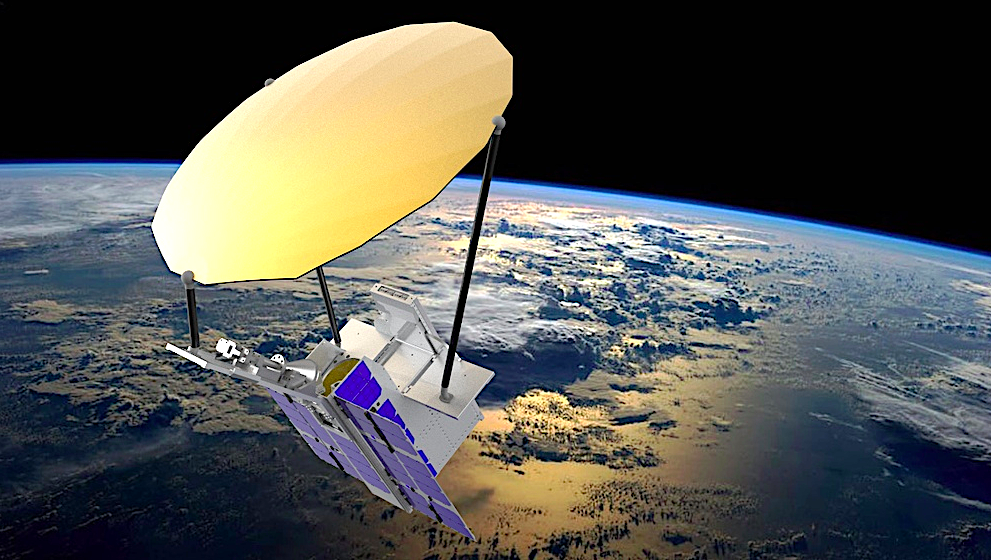A new era in satellite communications will be ushered in with the launch of NSLSat-1, the world’s first expandable high-performance communications nanosatellite, on Friday by Israeli space-tech startup NSLComm of Airport City.
The nanosatellite, designed with a unique “expandable” technology to meet the growing global demand for increased connectivity, will launch at 1:42 AM ET on July 5 at the Vostochny Cosmodrome in Far-Eastern Russia on the payload of the Soyuz launch vehicle along with 27 other commercial and educational satellites from Germany, France, the US, the UK, Sweden, Finland, Thailand, Ecuador, the Czech Republic and Estonia.
NSLSat-1 NSLComm features fabric-like, flexible dish antennas that expand in space to offer high-throughput communications for small satellites at a speed of up to 100 times faster than that of today’s best performing nanosatellites but is about 10 times cheaper, according to the company.
This technology permits antennas to be stowed compactly during launch and deploy in orbit, saving mass, volume and supporting structures. After deployment, the antenna’s FlexoSub subreflector compensates for any reflector shape imperfections and change ground patterns on the fly.
Once in space, NSLSat-1 will be tested with partners from the automotive, telecom and travel industries. NSLComm has an agreement with Amazon Web Services for the use of AWS Ground Station, a network of ground stations for satellites.
https://youtu.be/zyQoKf4XRyY
NSLComm is headed by Raz Itzhaki, former manager of Israel Aerospace Industries’ nanosatellite department and founder of the Israeli Nanosatellite Association.
“The launch of NSLSat-1 is a significant achievement for our company and what we believe to be a watershed moment for the entire satellite industry,” said Itzhaki. “Our technology represents one of the biggest leaps in satellite antenna performance-to-weight ratios and, with this launch, we are on a mission to prove that high-speed satellite communications can be done faster, cheaper and more effectively than it has been to date.”
Itzhaki told ISRAEL21c that Israel became a pioneer in communication nanosatellites out of necessity.
“Israel cannot launch satellites to the east, even though it’s better to launch in the direction the Earth revolves, because part of the launcher will fall on areas that could create conflict. But when you launch to the west, your carrying capacity decreases dramatically by 30 percent. So we were forced to either abandon the option of launching satellites ourselves or to build smaller satellites,” he said.
His company is part of the “NewSpace” industry that is leading the field of privately backed spaceflight. NSLComm’s investors include Jerusalem Venture Partners (JVP), OurCrowd, Cockpit Innovation and Liberty Technology Venture Capital. The company is also supported by the Israel Space Agency and Kodem Growth Partners in New York City.
NSLComm, in cooperation with its partners, expects to launch 30 satellites by 2021 and hundreds by 2023, enabling its network of nanosatellites to provide high-speed worldwide communications for its customers network via an orbiting constellation.

















